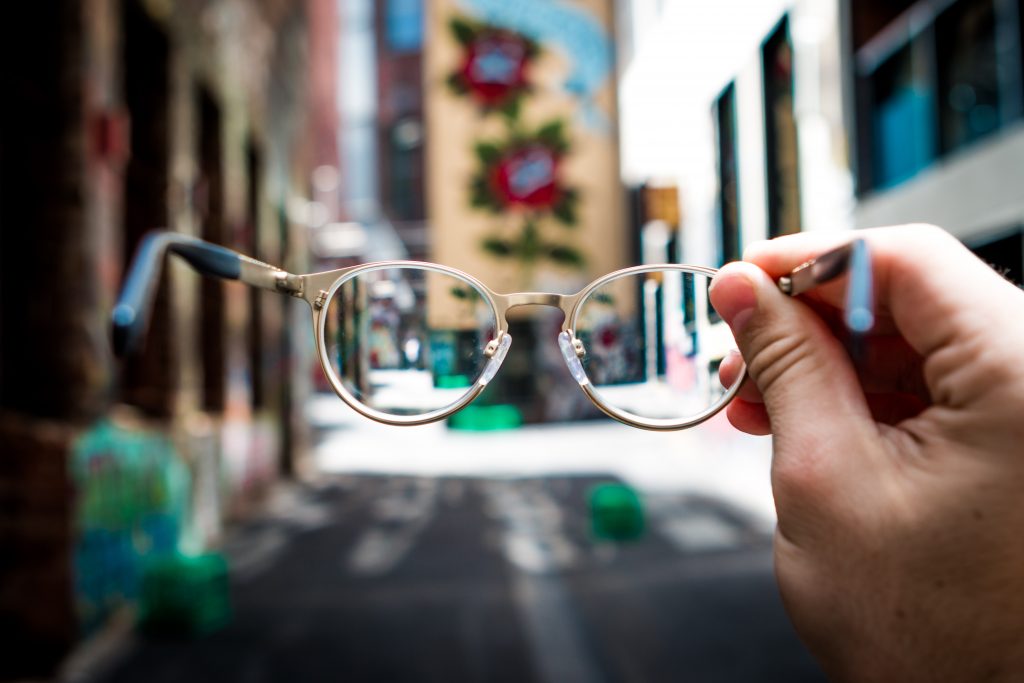When you think about your health, your eyes might not come into the equation. We use them so much without even thinking about it that they can be taken for granted, and while we’re checking our mental health, our weight, our general physical body, even our teeth, our eyes can be left behind.
Unfortunately, it’s our eyes that are most likely to experience problems. We use screens so much of the time, especially now with homeschooling and working from home being so prevalent, and the fact that even our relaxation tends to be done via a screen a lot of the time with Zoom-based classes and online videos means that our poor eyes don’t get much of a break.

Eyestrain is a very real issue that is affecting more and more people. It uncomfortable at best and debilitating at worst, and it can lead to a great deal of unproductivity. Some of the symptoms to watch out for include blurred vision, red, irritated eyes, headaches, difficulty focusing, and pain in the shoulders, neck, or back. The good news is there are some natural ways to deal with eyestrain. Read on to find out more.
Get A New Prescription
When was the last time you visited your optometrist? If it has been over two years or if you feel there has been a change in your eyesight, especially if you’re now squinting, having trouble focusing, or suffering from headaches or migraines, then it’s time to make an appointment.
They will be able to ensure your prescription is accurate and give you a new one if need be. In addition to discussing the possibility of using special blue light blocking contact lenses or investing in a similar coating for your eyeglasses to reduce eyestrain, you may also want to explore the eyeglasses options available at GlassesUSA. They offer a wide range of stylish frames, lens options, and customization features to cater to your unique needs and preferences.
Improve Air Quality
Eyestrain isn’t just about what you are looking at and for how long. It’s also about the air around you. If the air around you is dry and you’re staring at one space for hours at a time, this can add to the irritation you might be feeling – your eyes will effectively dry out. Not only does this make them feel sore, but it also means that you are much more likely to develop infections and to attract pollutants.
Dry air can come from having your heating or cooling on, which, of course, is necessary. However, you might be able to move your desk to somewhere further away from these units, or, if that is not possible and you can’t open a window for fresh air (or take a break outside to allow your eyes to readjust), try using an air humidifier to assist you.
Use Fewer Screens
The idea of using fewer screens is an ideal one when it comes to reducing strained eyes, but it’s not something that everyone is going to want to do. If you use screens for work, it’s going to be hard to use them less. If you use them for relaxation, it’s going to be hard to get out of that habit and do something else, especially if you enjoy that downtime and fine it helps you to de-stress.
If you can’t cut down on your screen time – or you prefer not to – adjust your lighting so that the screens don’t have such a negative effect. Lighting that is too bright or too dim can contribute to eyestrain. Use halogen bulbs in a soft, warm hue, and make sure the light is behind you. Ideally, you’ll want as much natural light as you can get for the ultimate in health–giving properties.
















Add Your Comment